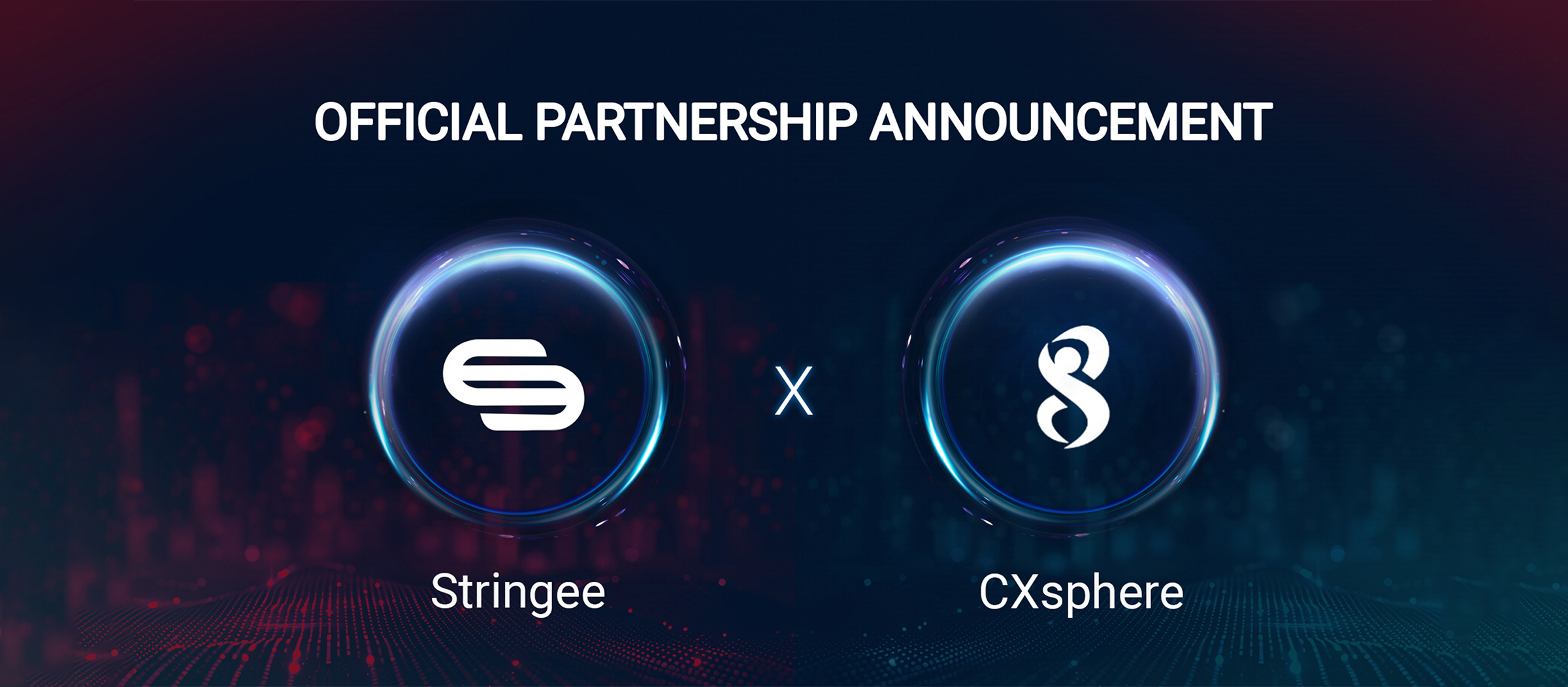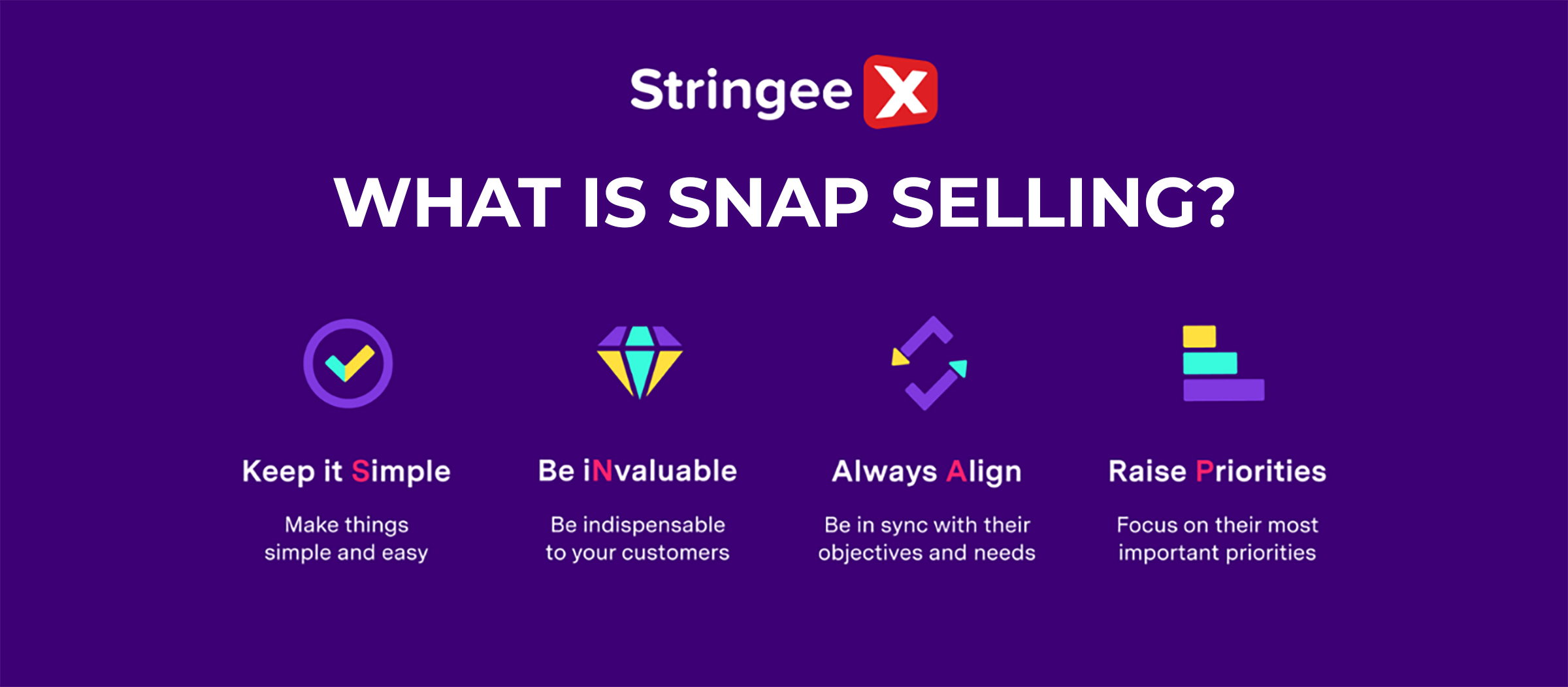Introduction
Step into the future of customer service with our exploration of the Inbound Call Center Service. This article unveils essential insights and introduces a groundbreaking technology solution for inbound call agents.
You can discover how innovation can transform and elevate the efficiency of your call center operations, ensuring enhanced customer satisfaction and seamless communication. Stay ahead of the curve with the latest advancements in the dynamic realm of inbound call management!
What Is Inbound Call Center Service?
The department under the contact center specializes in handling incoming calls and catering to businesses with high volumes of customer inquiries, such as sales, tech support, appointment setting, and customer service. Utilizing this service ensures prompt support and assistance, contributing to elevate levels of customer satisfaction through efficient service delivery.
Source: Ringcentral
Conversely, there will also be a department handling outbound calls. It primarily engages in reaching out to customers for sales or service arrangements. Moreover, there are call centers adept at handling both outgoing and incoming calls, providing comprehensive support for customer needs.
Key Types of Inbound Call Center Services
Tech Support
Customers probably won't contact you solely to ask about your product. The complexity of your product often leads to popular technical issues. From fundamental matters such as account updates and password changes to more complex technical support, this department is equipped to assist companies in addressing various technical queries.
Order and Payment Processing
As e-commerce continues its upward trajectory, the expanding community of online buyers seeks diverse channels. While the majority favor web apps or mobile, some still prefer making purchases over the phone.
Whether placing orders after browsing online or resolving invoicing and payment concerns, customers find calling convenient. An adept inbound call agent is pivotal in handling these calls seamlessly, ensuring efficient order processing and resolving payment issues promptly to enhance the overall customer experience.
Appointment Scheduling
In the aftermath of Covid-19, as businesses faced closures, the need for a robust appointment-setting system was paramount. The traditional walk-in approach for customers seeking face-to-face interactions is no longer viable. Instead, customers are required to reach out to the firm's customer service to secure appointments.
A swift and user-friendly appointment scheduling process is essential, serving as a catalyst for heightened customer satisfaction and loyalty. By entrusting the responsibility of appointment management to inbound call service, businesses can ensure a smooth and efficient process, reinforcing positive customer experiences and fostering loyalty in these unprecedented times.
Inquiry Management
When potential customers seek information about your services or products, a representative from the inbound call department becomes invaluable. Armed with expertise, these representatives adeptly guide clients through product details, the purchase process, and service offerings.
Their experience and skills ensure the delivery of extraordinary customer service, enhancing the overall experience for these consumers seeking valuable information before making decisions.
Complaint Hotline
Source: Cxtoday
Effectively managing customer complaints is a pivotal function of inbound call agents. Armed with professionalism, customer service reps address grievances with meticulous answering services. The careful handling of customer problems is essential to prevent adverse effects on your brand or company image.
Benefits of Inbound Call Center Services
Improved Customer Experience
Ensuring customer satisfaction involves multiple factors, with delivering quality goods being just one component. Inbound contact center agents possess a profound understanding of your business, enabling them to create an exceptional customer experience.
Source: Zendesk
They skillfully discern the customer's pulse, comprehending their wants, needs, and expectations. This nuanced understanding empowers businesses to effectively align their operations, leveraging insights from customer interactions for strategic planning and future success.
Increased Sales
The abundance of choices has elevated customer expectations. An efficient team not only ensures current customer satisfaction but also boosts product sales. Encouraging existing customers to explore new products is more accessible than having new ones.
Direct communication through agents provides a significant advantage when launching or promoting a product. Increased sales mean more revenue, enabling small businesses to stay competitive and undertake campaigns for customer retention. In essence, customer-focused strategies contribute to sustained growth and success.
Improved Productivity
Small businesses aiming to establish a strong presence in the market must prioritize maximum productivity. This involves enabling employees to focus on their core responsibilities without the added burden of doubling as call agents.
The team managing incoming calls can effectively address this challenge, offering small businesses skilled agents trained to handle the growing call volume associated with business expansion. This strategic approach ensures that each team member can contribute to their expertise, fostering overall efficiency and sustained growth.
Common Challenges in Inbound Call Center Service
High Call Volumes
For small businesses, perpetual growth is presumed. With this expansion, a surge in customers follows, resulting in an increased volume of calls to your contact centers. Without adequate preparation to handle these incoming calls, unanswered phones and frustrated customers become the unfortunate outcome.
Such a scenario harms customer relations, emphasizing the importance of proactive measures to ensure timely and compelling call management for sustained customer satisfaction.
Ineffective Employee Training And A High Turnover Rate
Ineffective training leaves agents feeling stuck, aware of their room for improvement but without clear guidance on how to enhance their performance. This frustration often leads to increased attrition and diminished agent motivation.
The stressful and repetitive nature of contact center jobs contributes to monotony, failing to keep the workforce engaged and excited about their work. Consequently, call centers need help to maintain a dynamic and involved workforce.
Tight Budgets
Navigating tight budgets has perennially posed a significant challenge for the contact center. Effectively overseeing the whole process with limited funds presents a formidable challenge.
This issue is especially pertinent in public contact centers, where dependence on government-allocated funds underscores the need for careful financial navigation to sustain operations.
Balancing operational needs with constrained budgets demands strategic resource allocation and efficient management to ensure optimal performance and service delivery.
Trends Shaping the Future of Inbound Call Center Services
Artificial Intelligence (AI) and Chatbots
AI and chatbots are emerging as prominent trends in managing incoming calls for agents. Their key advantages lie in efficiency and consistent service.
AI-powered chatbots can handle many routine and repetitive queries, freeing human agents to focus on more complex and specialized tasks. This leads to increased efficiency and faster response times. Moreover, AI ensures consistent and standardized responses to customer queries. This helps maintain a uniform level of service quality, reducing the chances of human errors or response variations.
It's important to note that while AI and chatbots offer numerous benefits, they are not meant to replace human agents entirely. The ideal approach often involves a combination of AI-driven automation and human expertise, creating a balance that optimizes customer service operations.
Omnichannel Support
Omnichannel support is a growing trend for inbound call centers, and it will likely continue shaping the future of customer service. Modern customers often prefer to communicate through various channels based on their convenience. Offering a choice of channels allows businesses to meet customers where they are and cater to individual preferences.
Omnichannel support provides a seamless and integrated experience across multiple channels through which customers interact with a business. These channels can include phone calls, emails, live chat, social media, and more.
By integrating various channels, businesses can access a complete history of customer interactions. This helps agents understand an issue's context, leading to faster and more efficient problem resolution.
And as new communication channels and technologies emerge, omnichannel support allows businesses to adapt quickly. Whether integrating with messaging apps or incorporating AI-driven chatbots, an omnichannel approach facilitates flexibility.
Cloud-Based Solutions
Cloud-based solutions represent a significant and ongoing trend in this field. These technologies bring numerous advantages, with scalability and cost efficiency being the most compelling.
Cloud-based solutions provide the flexibility to scale up or down based on the call center's needs. This is particularly beneficial for handling fluctuations in call volume, seasonal variations, or business growth.
Implementing cloud-based solutions can result in cost savings, as there is no need for significant upfront investments in infrastructure. Instead, call centers can pay for the services they use on a subscription or pay-as-you-go basis.
Technology Solution From StringeeX For Inbound Call Center
Source: Youtube
The foundation of your business growth lies in customer satisfaction. Nurturing this foundation requires an efficient inbound contact center solution, and StringeeX is the ideal tool. It offers a comprehensive set of functions for seamless management of incoming calls, including:
- Interactive Voice Response (IVR): Allows callers to interact with a menu system using their phone's keypad to direct their call to the appropriate department or obtain information.
- Automatic Call Distribution (ACD): Routes incoming calls to the most appropriate agent or department based on predefined criteria such as skills, availability, or previous interactions.
- Call queuing: Manages incoming call queues during peak times, ensuring that customers are kept in line until an agent can assist them.
- Omnichannel Support: Enables communication through various channels, including voice, email, chat, and social media, providing a more comprehensive customer experience.
- CRM integration: Integrates with Customer Relationship Management systems to provide agents with relevant customer information during interactions, allowing for more personalized service.
- Reporting and analytics: Provide detailed reporting and analytics on call center performance, agent productivity, and customer satisfaction, allowing for data-driven decision-making.
- Call recording: Records calls for quality assurance, training, and compliance purposes.
- Real-time monitoring: Allows supervisors to monitor ongoing calls in real-time to provide support and coaching and ensure quality standards are met.
- Scalability: Offers the flexibility to scale up or down based on call volume and business needs.
Final Thoughts
In sum, embracing the power of the inbound call center service coupled with cutting-edge technology is paramount for optimizing customer interactions. This article has provided valuable insights into enhancing efficiency and introducing innovative solutions for inbound call agents.
By adopting these advancements, businesses can forge a path toward superior customer satisfaction and streamlined communication. Stay connected, stay ahead, and empower your call center team for success in the ever-evolving customer service landscape!










